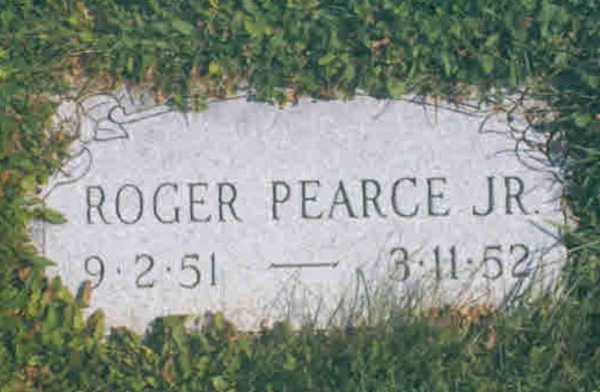DOJ will investigate Orange County prosecutors' and sheriffs' use of jail informants

The U.S. Department of Justice announced Thursday that it would investigate allegations that the Orange County, California, District Attorney’s office and Sheriff’s Department have systematically used jailhouse informants illegally to convict defendants.
A DOJ press release says the department’s Office of Civil Rights, along with the U.S. Attorney’s office for the Central District of California, will start a “pattern-or-practice investigation” under the Violent Crime Control and Law Enforcement Act of 1994. The DOJ will look into whether prosecutors and sheriff’s deputies had a pattern or practice of using jailhouse informants to get incriminating statements from inmates represented by counsel. That would be a systematic violation of inmates’ Sixth Amendment rights under the U.S. Supreme Court’s ruling in Massiah v. United States.
The DOJ will also investigate whether prosecutors violated Brady v. Maryland, another Supreme Court case that requires prosecutors to turn over exculpatory evidence to defense attorneys. Orange County prosecutors are accused of repeatedly failing to disclose promises to be lenient to jailhouse informants in exchange for their testimony. Disclosing the lenience would have undermined the informants’ credibility, the press release notes.
Orange County’s elected District Attorney, Tony Rackauckas, has requested such an investigation, the press release notes, and offered full access to his office.
The announcement comes more than a year after calls by law professors for an outside investigation (PDF), and nearly three years after public defender Scott Sanders first made allegations that the county’s prosecutors and law enforcement were systematically but illegally planting jailhouse informants next to certain defendants, then failing to disclose the benefits those informants received. Sanders filed a 505-page motion outlining the evidence he found for those assertions, triggering a year of hearings in Orange County Superior Court. At the end of those hearings, Judge Thomas Goethals ordered the entire District Attorney’s office off the case, finding a conflict of interests. (That order was recently upheld by a California appeals court.)
Few of the people involved in the alleged wrongdoing have faced professional consequences; one prosecutor resigned voluntarily, but even sheriff’s deputies who Goethals believes perjured themselves remain on the job. However, the allegations have resulted in new trials, new sentences or other unusual circumstances in multiple Orange County criminal cases believed to be affected by use of informants. One defense attorney told the ABA Journal last year that he believes his client—who had been accused of two murders—was sentenced to time served and released because prosecutors didn’t want allegations of wrongdoing to come to light in a new hearing.
There have also been consequences for Goethals, the judge. After he ordered the DA’s office off the case, prosecutors began filing to remove him from murder cases, which California law permits. Those requests became so numerous that the Orange County Superior Court eventually denied them, triggering an appeals court case in which the court said it was bound by precedent to affirm prosecutors’ right to “paper” Goethals.
Meanwhile, the case that triggered the entire affair—the worst mass murder in Orange County history—remains unresolved more than five years later. Families of the victims of Scott Dekraai, who murdered eight people in and around a hair salon where his ex-wife worked, called a press conference this month to ask the DA’s office to end the case, the Orange County Register reported at the time. Dekraai offered several years ago to plead guilty in exchange for life without parole. The families are divided, but some have asked Rackauckas to accept that offer.



